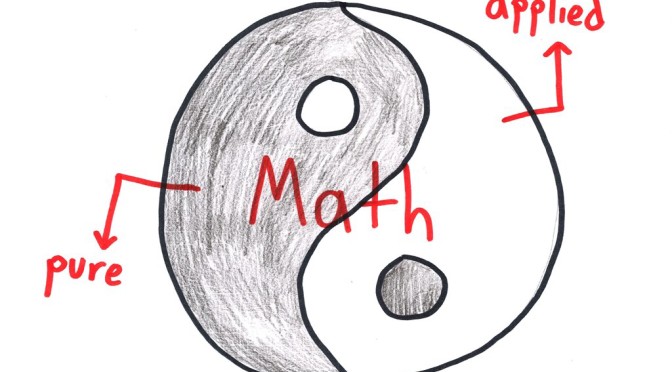
To understand Mathematicians or an Engineer, we should know their personalities and know what they actually do. Here are a few differences between an Engineer and Mathematician while considering different situations.
A mathematician is a person who solves a math problem. They usually use their knowledge and derive formulas to find the solution to a problem.
On the other hand, engineers use their practical and mathematical understanding for solving a problem. Engineers can work on many fields like structures, computer, designs, cars, and many more. They find solutions for real life math problems.
It is true that an engineer may not be good at math when compared to a mathematician because engineers might find it hard to understand certain sums. They might struggle in a partial differential equation or may have a hard time in deriving a formula and integrating something. He can obviously find a solution for the problems, but in a practical way.
A conclusion made by a heedful calculation would make a mathematician happy, but he will not be convinced with an experimental solution even if the final answer is right. This would be the other way round in case of an engineer. He would use all his practical knowledge to find a solution and if something goes wrong, he would try to find what was not right with the argument. In case of a mathematician, when he fails to bring up an answer, he tries to find out where the experiment went wrong.
Mathematicians are likely to idealize a problem given to them. His conductors do not have any fault, surface where the body is kept is smooth, and gases are ideal. An engineer does not accept this way of approach as this kind of a solution completely ignores facts.
A comparison between the two shows a relation in the desire of generality. For example, if a galvanometer torsion vibration is to be found, a mathematician will assume a number of mirrors of loads at a particular point through a length. His way of solving is by considering a whole bunch of loads at once, rather than dealing it separately. For an engineer this is a waste of time as there is no point in using multiple mirrors in a galvanometer.
Mathematicians are useful in coming up with experiments to examine if a theory is right or wrong. They do a quantitative analysis on a predetermined theory and if the theory contradicts with their data, they will perfect it by other mathematical ways.
Engineering is applied physics and math is required for physics to explain a problem. Engineers rely on principles of physics to design something is considered to be simple, but useful. Therefore, there is a spectrum of usefulness to complexity.
Featured Images: mathwithbaddrawings